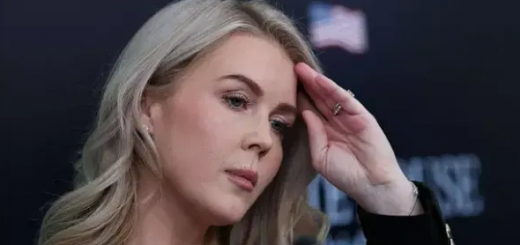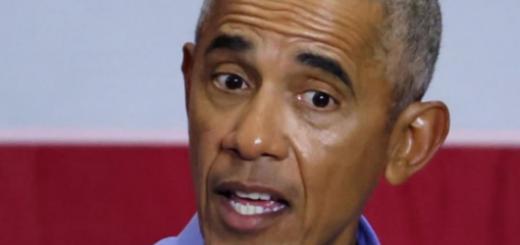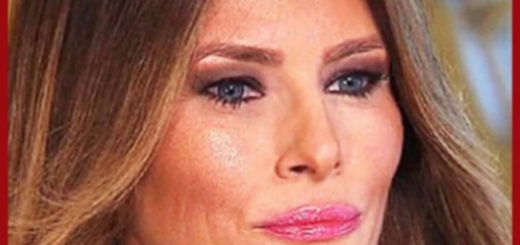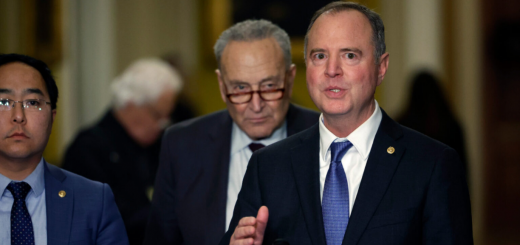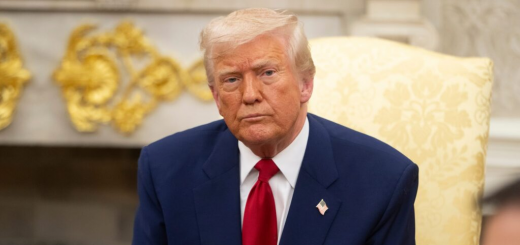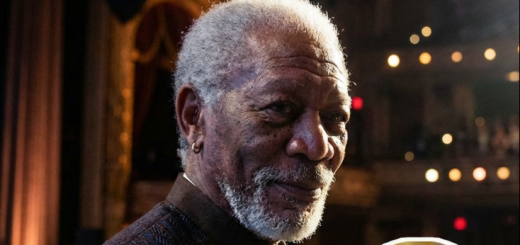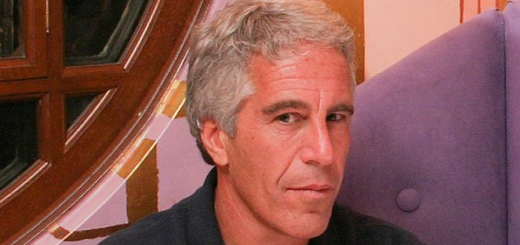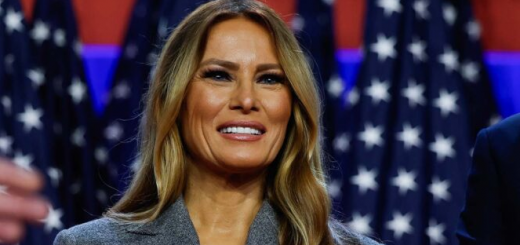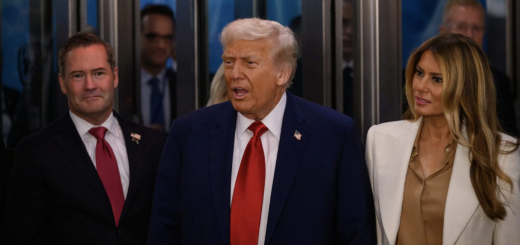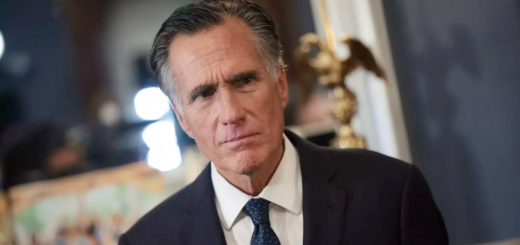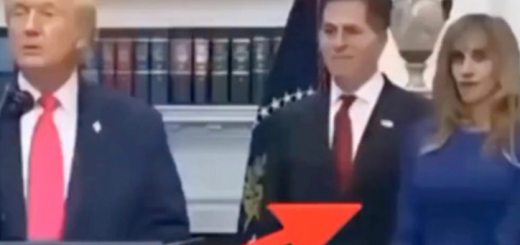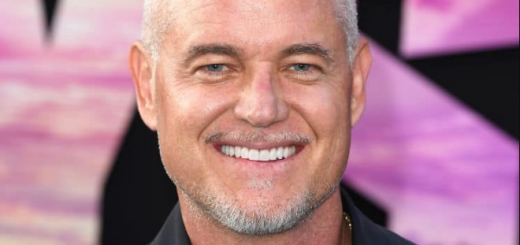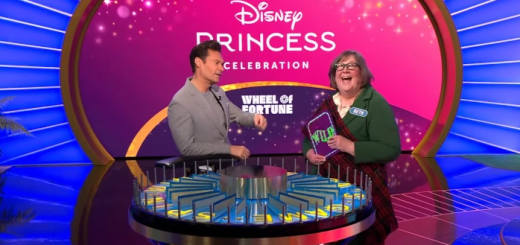Rep. Marjorie Taylor Greene Questions PBS CEO
During a congressional hearing on March 26, 2025, Rep. Marjorie Taylor Greene (R-GA) questioned PBS CEO Paula Kerger regarding concerns about children’s programming aired on the publicly funded network.
The discussion took place during a session titled “Anti-American Airwaves: Holding the Heads of NPR and PBS Accountable,” under the House Oversight Committee’s subcommittee on government operations.
The hearing was part of a broader debate on public broadcasting and its funding, with some lawmakers calling for increased oversight.
Greene specifically referenced a segment that aired on PBS in April 2021, which featured a performer in a colorful costume engaging in a musical segment aimed at young children.
She raised concerns about whether such content was appropriate for the target audience and challenged Kerger’s previous statements on the issue.
“As mentioned earlier, PBS aired an educational segment that included content some parents found inappropriate for young viewers.
There has been public discussion about whether this aligns with the educational mission of the network,” Greene stated.
During the exchange, Greene presented footage from the segment and asked Kerger to clarify the decision-making process behind its airing.
She also inquired about its removal from PBS platforms in May 2021, questioning whether this was due to public feedback.
PBS has historically received federal funding through the Corporation for Public Broadcasting, which allocates approximately $535 million annually to support non-commercial educational content.
WATCH:
Supporters argue that PBS provides valuable educational resources for children and communities, while critics suggest that increased oversight may be necessary to ensure content aligns with public expectations.
Following the hearing, public reactions were divided.
Some viewers supported Greene’s concerns, emphasizing the need for transparency in public broadcasting, while others defended PBS, highlighting its long-standing commitment to diverse and educational programming.
The discussion on public broadcasting and content standards continues, with policymakers, parents, and educators weighing in on the role of publicly funded media in children’s education.
Future legislative actions may address funding allocations and content guidelines to balance educational goals with public concerns.

